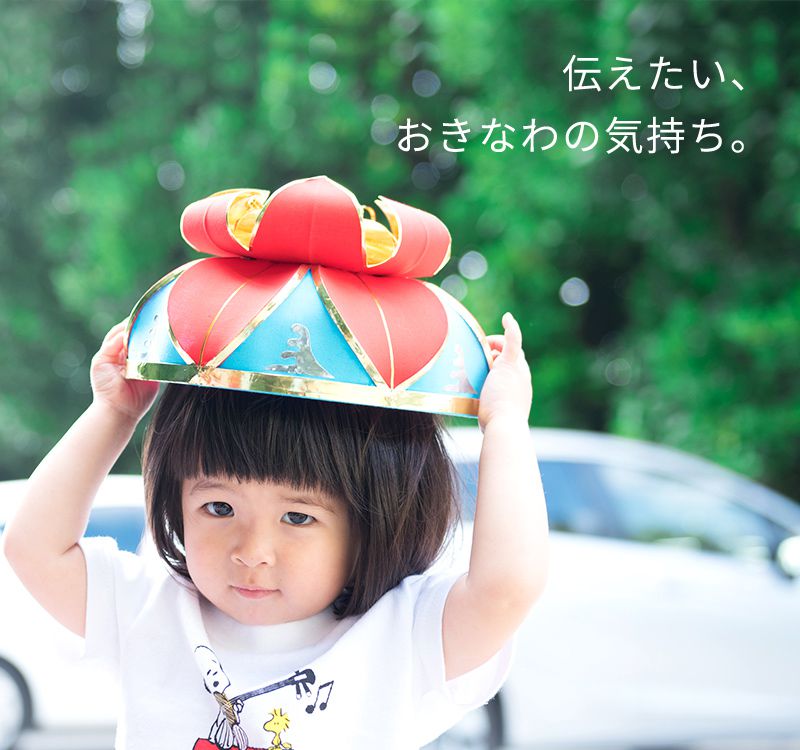Uchinaa Culture 06 - Shima-kutuba Day

日本語版はこちら
What is Shima-kutuba?
What is the Shima-kutuba of your country/region? Shima-kutuba, literally 'Island Speech', is a term used to refer to the languages spoken in the southernmost parts of the Japanese archipelago including languages spoken in Okinawa. The word 'shima' means not only 'islands' or 'hamlets' but also 'one's birthplace'. Thus, 'Shima-kutuba' can also be translated as 'the language of your birthplace'.
Did you know that there are five native languages in Okinawa prefecture? - They are Kunigami language, Okinawa language, Miyako language, Yaeyama language, and Yonaguni language. These languages are referred to as Shima-kutuba or Ryukyuan languages along with other island languages spoken in the islands that belong to the present Kagoshima prefecture. Shima-kutuba make up the Japonic language family along with Japanese language. Shima-kutuba are not mutually intelligible with Japanese and thus are usually considered as separate languages. However, for socio-political and ideological reasons, they have often been classified within Japan as dialects of Japanese.
Shima-kutuba in the present day
In the past, there were times when island people were restrained from speaking Shima-kutuba. After the annexation into Japan in the late 19th century, the Japanese central government implemented assimilation policies into Okinawa and encouraged its people to use standardized Japanese. Thus, kids in Okinawa were restrained from speaking Shima-kutuba in schools. If a kid got caught speaking Shima-kutuba in school, as a punishment, they had to hang a tag - normally wooden or paper - called 'dialect card' around their neck until the next kid got caught speaking Shima-kutuba. This movement became very strong in the early 1900's. Although it is said that the kids spoke Shima-kutuba amongst themselves outside the schools in the beginning, teachers and some students started hunting kids speaking Shima-kutuba even outside the schools. By the 1940's, there were cases where kids spoke standard Japanese amongst their siblings even outside their schools and were embarrassed about their parents, who could only speak little or broken standard Japanese.
In the present day, there are not many Okinawan people who can speak Shima-kutuba as their main speech-language. In the survey conducted in 2021, more than 80% of the Okinawan people, who participated in the survey, answered that they feel an affinity to Shima-kutuba, but only 4% of them answered that they use Shima-kutuba as their main speech-language nevertheless.
In 2009, UNESCO designated Kunigami language, Okinawa language, Miyako language, Yaeyama language, and Yonaguni language as languages facing extinction.
In response to these circumstances, the Okinawa Prefectural Government tries to promote and disseminate Shima-kutuba. In 2006, a local ordinance, that defines 18th September as 'the Shima-kutuba Day', was established with the purpose of promoting and passing Shima-kutba onto the future generations.
Shima-kutuba @ OIST
There are quite a few Shima-kutuba words used for the names of the services, facilities, events, groups, and forums. Let's have a look at some of the examples of these Shima-kutuba words used at OIST.
'Ganjuu' can be translated as 'strong', 'healthy', and 'ebergetic'. In a practical use, the word can be used like in the dialogue below.
A: 'Chaa ganjuu yaibiitii?' - 'Are you doing fine today?'
B: 'Chaa ganjuu yaibiitandoo.' - 'Yeah, I am doing fine today.'
-
Names for CDC classes
'Kukuru' - heart
'Akasan' - bright
'Kanasan' - be fond of, precious (person)
'Churasan' - beautiful
'Umusan' - fun
'Kugani' - gold
'Nuuji' - rainbow
'Kafuu' - blessing, luck
'Nujumi' - hope, wish
'Wakatida' - newly-born sun (it is believed the sun gets re-born on the Winter solstice)
'Miyarabi' - maiden
'Shinka' - one's family member, one's colleague; one's friend
'Umanchu' means 'people', referring to all individuals regardless of one's rank in the society.
OIST students organized Umanchu forum on September 13th to discuss diversity, inclusion, and equity within OIST community.
The name of the forum shows that all and each of us, Umanchu, is part of the community to create an environment where everyone at OIST feels comfortable, accepted, and empowered as being who we are.
INO is a platform for the industry to build relationships with OIST faculty, researchers, and students to gain valuable insight into the University's cutting-edge research, education, and innovation activities. 'Ino' is Okinawan for 'lagoon', an active ecosystem of its own and an integral part of the larger ocean. Through exchanges with our industry members, INO will be a lagoon of innovation, one that is close-knit and diverse but connected to the wider world.
'Yuntaku' is a word meaning 'chatting'.
This is one of the group project team names for the new students' Professional and Career Development programme. Their focus is to expose high school students in Okinawa to the fun and wonderful world of science as well as the lives of scientists through 'Yuntaku' among the Okinawan students and the OISTers.
If you are planning to organize a seminar or a forum, it may be fun to think of the name for it in Shima-kutuba!
Photo credit: shimakutuba.jp
This post was developed in collaboration between Eedee and Yoshimasa Nakamura(OIST Resource Center) ![]()



